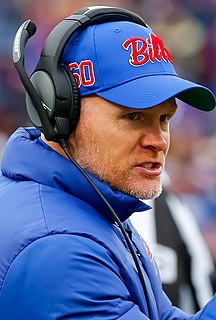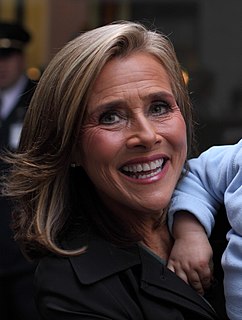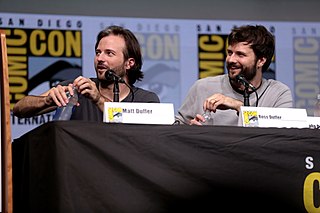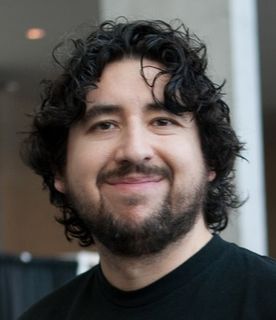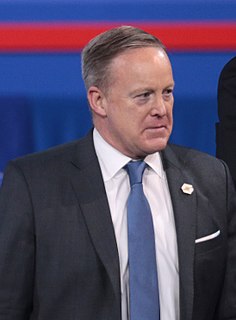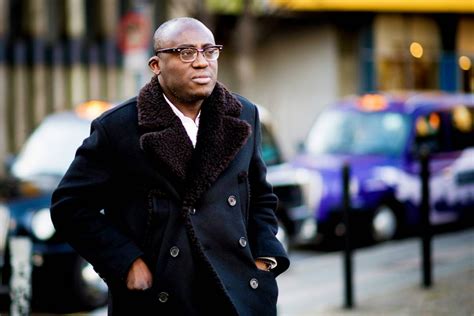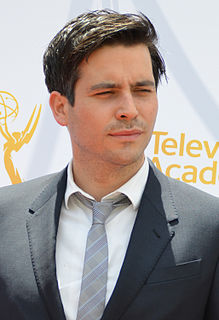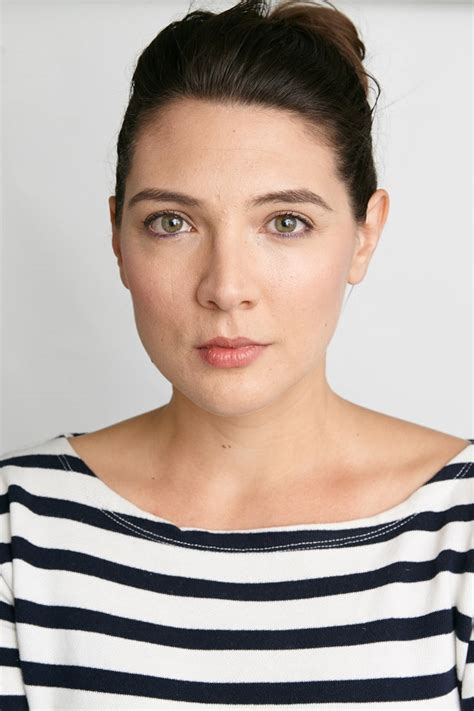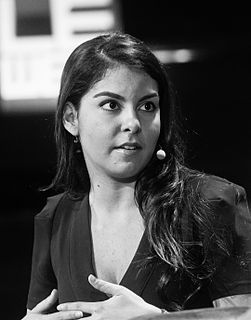Top 36 Internships Quotes & Sayings
Explore popular Internships quotes.
Last updated on April 14, 2025.
When you're going to school primarily for career purposes, it's more important to focus on which program is best for you. In addition, your success at college depends far more on what you do at the college than at which college you do it: Choosing the right program, then the right advisor, the right courses, the right term papers, the right co-curricular activities, the right fieldwork, the right internships. You can make those choices at any college.
I reluctantly signed up for a journalism major, thinking I needed a fall-back way to make money should my career as a novelist fail to take off. As I started to try on journalism, including doing internships and working at the campus paper, I found I actually liked it. So I started to want to be a journalist.
I graduated from university with a degree in architecture and then ended up doing a series of internships with different firms. And once I was in an office environment, I realized that at school what I was doing was 98 percent creative, 2 percent makework, but in the real world, it was the other way around.
I was the first in my family to go to college, and I waitressed all the way through, using my earnings to pay for a bachelor's degree first and then a master's. I resented classmates who didn't have to work real jobs, the ones who had the luxury of taking unpaid internships that would eventually position them for high-paying careers.
Social life was different for me in college. I didn't go to as many parties as my friends did. I didn't join a sorority because I knew I couldn't make a long-term commitment. I was constantly traveling back and forth from Silicon Valley to Austin for internships. It was hard, but it was worth it for where I wanted to go.
I was in the journalism program in college and had some internships in print journalism during the summers. The plan was to go to Columbia University Graduate School of Journalism to learn broadcasting after I graduated. I was enrolled and everything, but ultimately decided that I could never afford to pay back the loan I'd have to take out.
Every company, regardless of size, is competing for the same pool of talent, which is why top recruiters can even command equity for finding key hires. Internships give startups a chance to hire the best and brightest from our universities at a fraction of the cost that these same minds will command when they receive their degrees.
Film and TV is a very hard profession to enter into if you don't have the ability to take a long period of time without making money so you can write, direct or raise financing, or work your way up, often with unpaid internships. It's hard to get into without a lot of connections. You end up with a lot of white people from privilege making films. So we're seeing a lot of the same kinds of stories.
